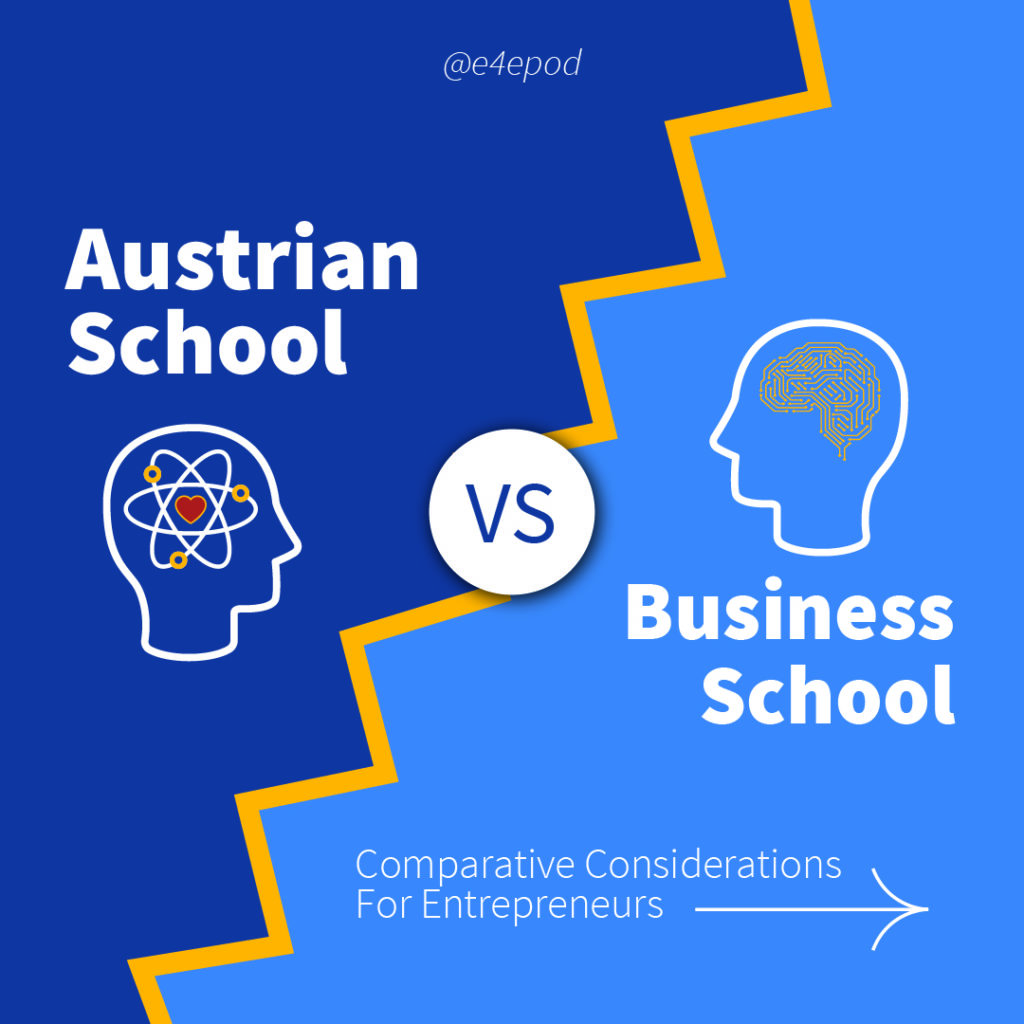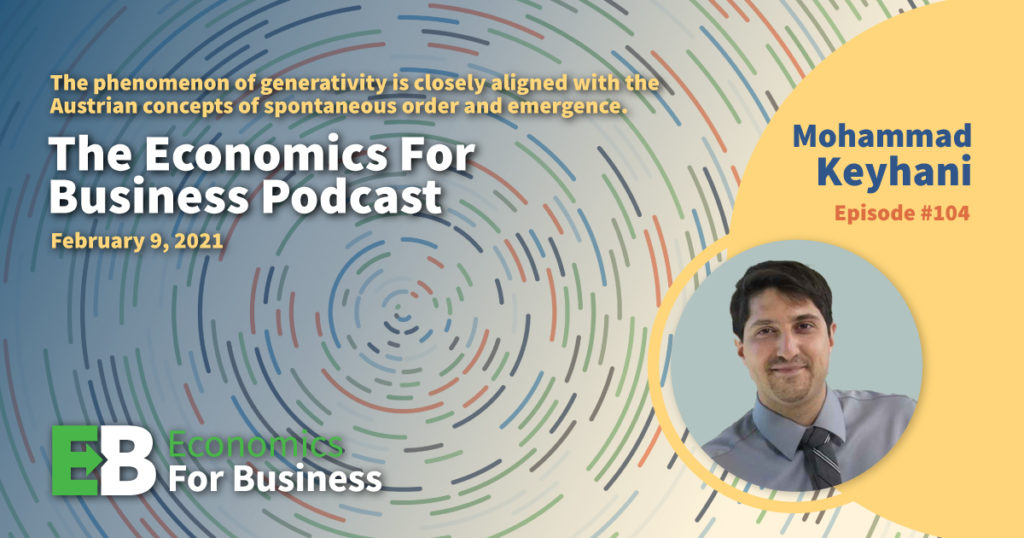The Economics Of Creativity

There are many, many pathways of entrepreneurial opportunity in creative services, where it is eminently possible to succeed on talent, where big companies are eager to work with small creative companies and individuals, where agile low-overhead business models are thriving, and where technology is the entrepreneur’s friend.
It’s an exciting time for entrepreneurs to be in the creative industry, say Cheryl and Cliff Pia, founders of the Pia Agency, a leading video and audio production firm working with many of the leading brands and largest companies worldwide. It’s an industry of rapid change – for example from the orderly process of television advertising to the frantic chaos of social media and web advertising and YouTube and Twitter videos. Change is confusing and scary for established businesses, and therefore full of opportunity for innovative entrepreneurial creativity. Centripetal forces of decentralization are breaking up the “Big Agency” structures and their retainer fee-based business model. If you can become the best at a specialized service, many doors are open.
The pathways of the creative industry often start very differently than for more traditional industries. Cheryl and Cliff provided E4E listeners with their creative origin stories.
Cliff played in bands and as a studio musician. He played some jazz and learned the “jazz method” (you don’t know what is coming next so relax and pick it up when it comes to you). He performed comedy in clubs and learned how to act on his intuition, read the mood of the room, and be hyper-responsive to audience input. By “always sitting next to the sound engineer” – and asking questions – he learned the technology and techniques of recording.
Cheryl worked in the music industry because that’s what her friends were involved in, and then in the film industry. She learned about music publishing through another friend, saw an opportunity and started her own publishing company. She also worked in the film industry and the non-profit sector, learning development and fundraising. Learning, learning, learning all the time.
Force majeure can be the catalyst to make the ultimate creative leap to start a new company. The key is to do it fearlessly, with grit and courage.
Cliff’s position at a corporate was eliminated in an economic downturn. He had started a new division for his company to produce television advertising. Faced with a need, he and Cheryl started their own TV production company: The Pia Agency. “The phone didn’t ring for seven months,” Cliff told us. They didn’t quit. Entrepreneurs embrace that uncertainty and answer it with problem-solving action.
Often, the first problem for entrepreneurs to solve is their own.
The Pia Agency opened in Arizona and the critical mass of clients was located on the East Coast. The new agency found the solution in the adoption of cutting-edge technology for time-shifting and location-shifting (e.g. working with animators and voice talent all over the world) and remote online collaboration (e.g. online real-time video editing with remote studios, which sounds commonplace today but for which the Pia agency had to invent a new digital toolbox at the time).
Growth comes from demonstrating value, and a people-first approach.
The new system worked, and the Pia Agency began to get work from big name clients like Hewlett Packard and Merrill Lynch, among many more. High quality work generates recommendations – from one brand manager to another in a multi-brand company, and from one company to another when clients change jobs and take their valued relationships with them. Cliff told us that a “people-first” approach – treat clients like people, empathize with them holistically, not just in their business lives – generate not only meaningful relationships but the pass-along recommendations that cause service businesses to grow. Austrian empathy and the role of trust are all pervasive in successful service providers. It’s the human moments that are the most valuable; paydays follow.
Innovation consists simply of new ways to serve clients by responding to their expressed needs.
Innovation 1: Speed and Responsiveness. TV Production processes were traditionally slow and linear and expensive. But clients preferred speed and responsiveness to rapid market change. The Pia Agency developed speed and responsiveness capabilities (e.g. multiple editors working on the same video at the same time) and a fast-turnaround culture (e.g. hired a key producer from the news industry who was used to high-speed turnaround). This became part of the agency’s unique value to clients.
Innovation 2: Sonic Branding. In the internet age, when we listen on laptop computers, phones and earbuds, audio has taken a second position to video. Consumers put up with generically poor quality. But as voice-shopping evolves, consumers are going to hear brands instead of seeing them. Audio will regain its importance. Cheryl and Cliff understand audio and have developed and invested in capabilities in “sonic branding”: distinctively identifying brands though their audio signature. There is huge growth potential in this new field.
Greater growth comes with adding new external resources.
Cheryl took an MBA so she could better direct the growth phase of the Pia Agency. She found she was able to apply this resource directly and immediately. And then Cliff and Cheryl merged their agency into a larger global group called Creative Drive, to establish the organization model of the future, an independent collective of content creators, a larger expression of the speed and responsiveness operational model. The Pia Agency has access to a larger client base, a more widely distributed set of relationships, and to expertise in new channels, such as e-commerce. The journey continues.
Cheryl and Cliff recommend their journey map to creative entrepreneurs for consideration.
If you enjoy music or film or art, and you have a talent, there is every opportunity to do what you love and what you are good at, and the challenge is to learn how to get paid for it. The recommendation they make is to work in an appropriate part of the industry for an established company. For example, you might love music and performing, but you also might realize that music production is more lucrative than performing. The key is to create value, and therefore to understand what others find valuable, and what they will pay for the value brought into their lives. Get a job where you can learn in an area you’re passionate about, and learn what the world will pay for. Start there. Learn more, work with like-minded people. The pathways of entrepreneurship will open up to you.
Creating Freelancers – Check out the Creative Drive Work Market at https://







Responses